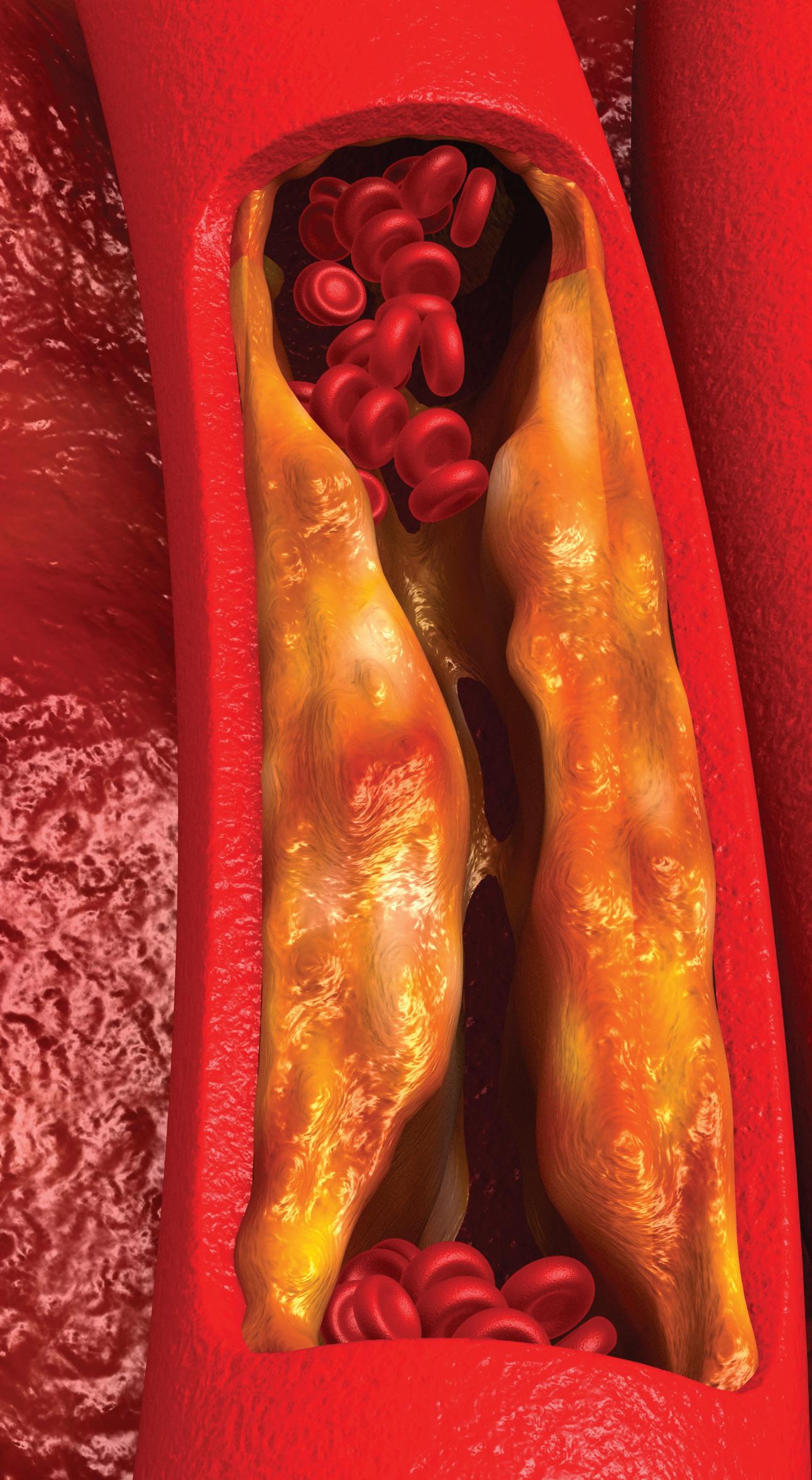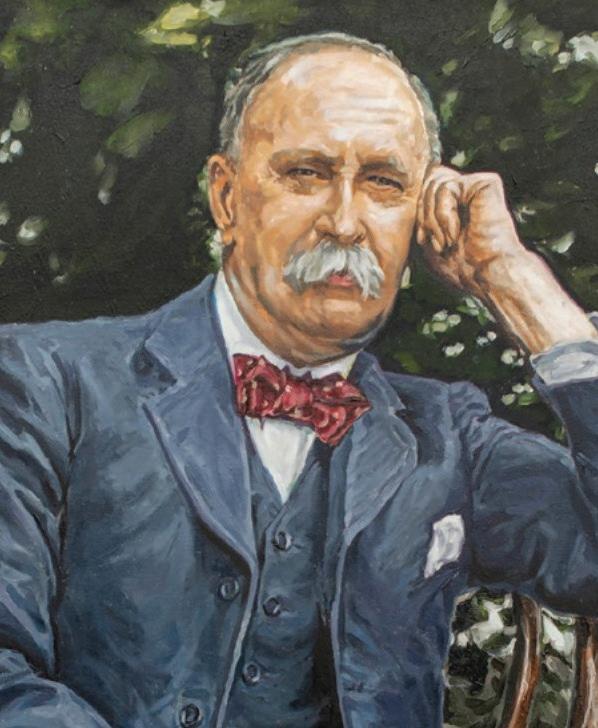12
DRUGS TO PROMOTE O R G A N S U R V I VA L I N E L D E R LY D O N O R S
LATEST NEWS
Senolytics prevent inflammation induced by mitochondrial DNA and promote the survival of aging organs after transplantation. Organ transplantation is the treatment of choice for patients with irreversible endstage organ failure. Organ donation is limited, however, resulting in long waits during which many patients die or become too ill to be eligible for transplantation. Currently, the foremost strategy with a potential for ending this long wait between supply and demand is to allow the use of organs from older donors, but these are now frequently discarded. Recently, it has been shown in clinical and preclinical studies that advanced donor age poses a risk of adverse outcomes. But what if there were a way to rejuvenate these organs? Aging is associated with an increased load of senescent cells that are associated with chronic low-grade inflammation. Transplants, even with a small amount of
senescent cells in young recipients, cause deterioration in function. Aging cells have been shown to contribute to a decline in cardiac function and resistance to stress. Recent studies, however, suggest that circulating mitochondria and mitochondrial DNA may mediate early allograft dysfunction. A study by Iske Jasper and collaborators from the University of San Francisco showed that the activation of cluster differentiation in aging is caused by a systemic increase























